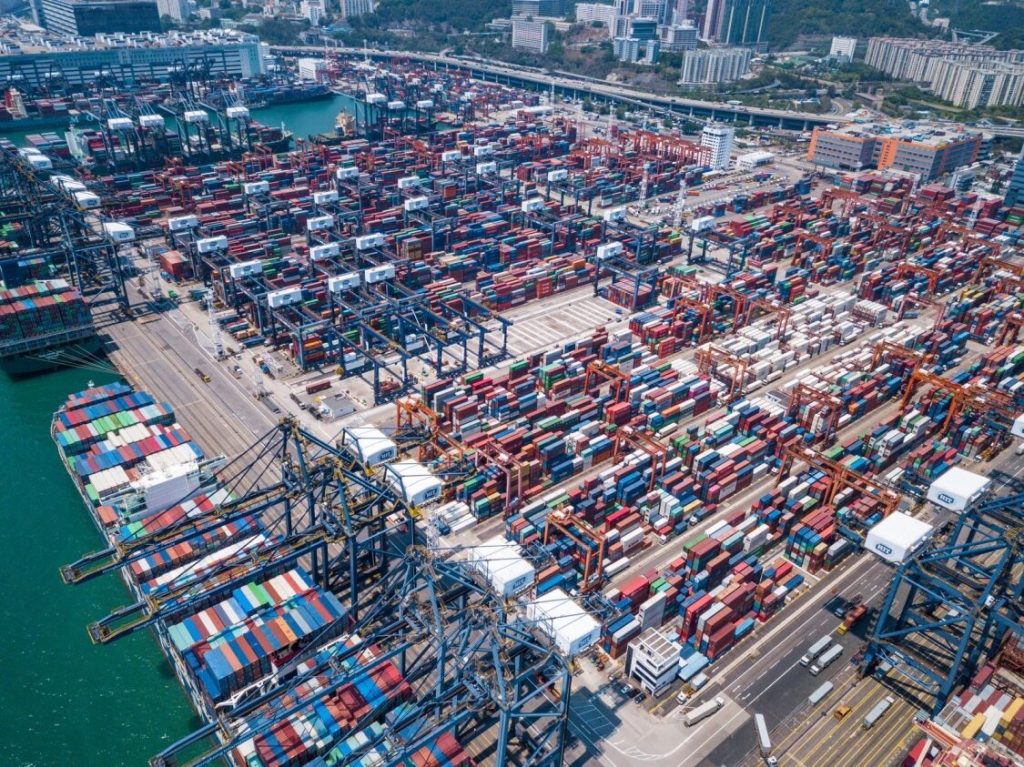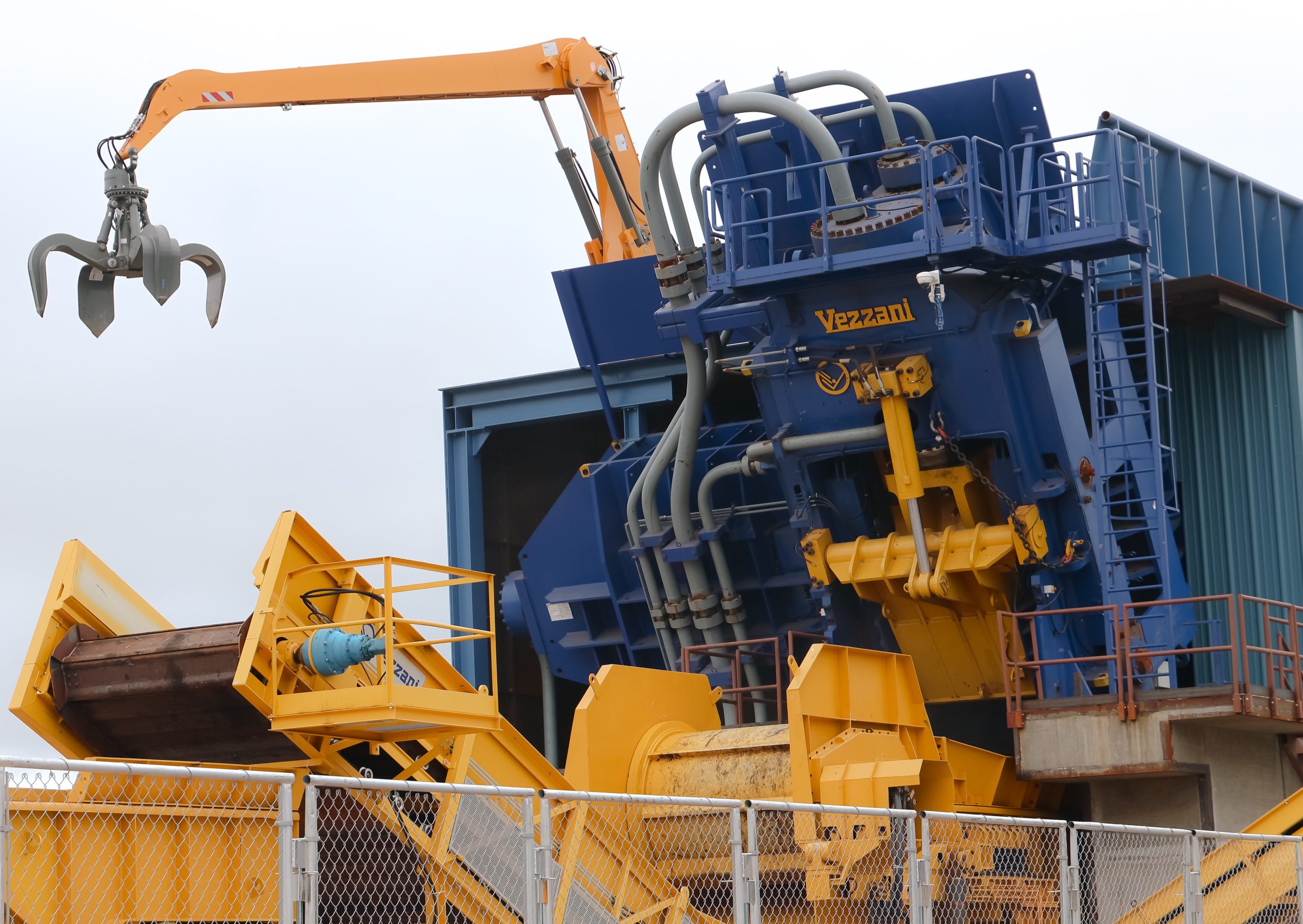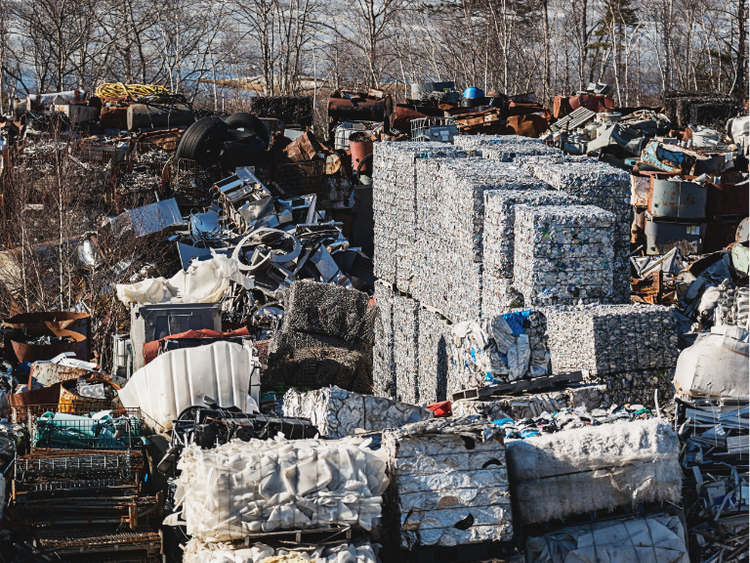Market

July 9, 2024
Ferrous export market defies gravity as prices hold steady amid domestic freefalls
Written by Stephen Miller
The ferrous export market on the Atlantic and Gulf Coasts of North America has maintained its pricing for several months despite continuing declines in domestic markets.
Turkish export prices have ranged between $380/mt and $390/mt for HMS 80/20 on a CFR basis. Shredded scrap and Plate & Structural (P&S) have been included in cargoes at a $20/mt premium, resulting in current prices of about $390/mt and $410/mt CFR, respectively.
In contrast, domestic market prices for shredded and P&S dropped $20/gt on average in June and may retreat further in July.
Shredded scrap is now $365-$380/mt, depending on the region, while P&S is about $340/mt outside the Great Lakes. Prices for all obsolescent grades have been falling since February.
Why have export prices not followed the domestic market downward?
It’s generally acknowledged there is a scrap shortage in Northern Europe, prompting Turkey— the world’s largest importer of scrap requiring 1.5 million-2 million tonnes per month— to turn to North America to fill the void. However, with declining U.S. market prices, the expectation was for cheaper prices in Turkey.
RMU reached out to a large exporter for insight. He noted that North American scrap prices had been superior to export prices on an FOB basis over the last two to three months. There were sales to Turkey, but it wasn’t until domestic prices dropped that export prices aligned with domestic prices.
If export prices had decreased from their previous levels, exporters might not have found it advantageous to sell abroad. The recent domestic market decline allowed Turkey to purchase necessary scrap at consistent prices.
Looking ahead, the exporter predicted a $5 increase in export prices, followed by potential retreats as European summer vacations impact economic activity.
Another scrap executive in the Southeast mentioned that stable export prices along the East Coast kept prices steady despite interior drops. Mills in these areas compete with exporters for scrap delivered to terminals. He expects sideways prices in July.
A source in the Northeast told RMU that export prices will likely remain steady until mid-September, with no significant increases until after the U.S. presidential election.
If U.S. and Canadian ferrous scrap prices continue to fall in July, it will be interesting to observe the impact on exports.






